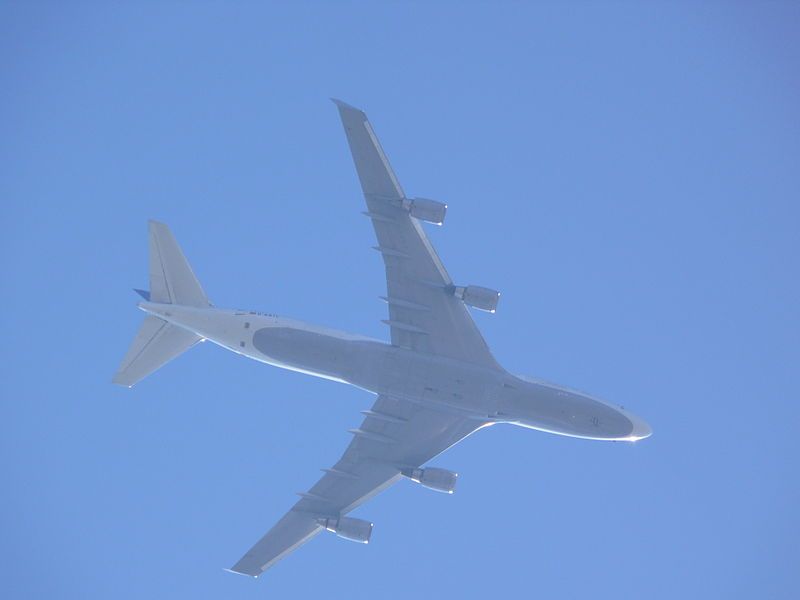Airline carbon tax opposition grows
The EU is struggling to suppress the growing discontent at its airline carbon tax. The tax came into effect at the start of the year and means that all flights using EU airports must pay for their emissions as part of the EU Emissions Trading Scheme.

The EU is struggling to suppress the growing discontent at its airline carbon tax. The tax came into effect at the start of the year and means that all flights using EU airports must pay for their emissions as part of the EU Emissions Trading Scheme.
The US is about to pass a bill expressing its own formal objection to the scheme, whilst the Chinese have recently forbidden its airlines from complying with the regulations. India and Russia have also voiced their disgust at the scheme. The US went one step further and tried to prove the illegality of the scheme, but failed to convince the European Court of Justice of their case.
This does not mean that retaliation is out of the question; the US is still considering its move, whilst the Chinese risk grounding for their move. Airlines believe the trading is not only happening at the wrong time, but also that they are already paying tax sufficient to cover their environmental pollution and that the EU’s move is simply a money maker. Ryanair have recently announced a 21p per flight levy to offset their carbon tax, whilst other airlines are simply hiking their prices.
The International Civil Aviation Organisation (ICAO) have agreed on a 1.5% improvement on fuel efficiency for the next eight years, carbon neutral emissions from 2020 and halving the industry’s carbon footprint by 2050. This does not include a carbon tax, and the international aviation community believe that this is enough to reduce the three per cent of world emissions that come from aviation to a sustainable level.
Tony Tyler of the International Air Transport Association (IATA) has urged the EU to only use emissions trading in conjunction with the rest of the world and that to avoid market distortions, there must be worldwide implementation. "Europe deserves credit for pushing this issue up the international agenda and it is at the forefront on emissions trading. But its unilateral approach must change. Aviation can ill afford to be caught in an escalating political or trade conflict over the EU ETS. The ICAO is the only way forward."
Aviation experts are predicting the scheme will cost around €500 billion in the first year, but others such as the EU climate commissioner Connie Hedegaard are forecasting far smaller costs.




